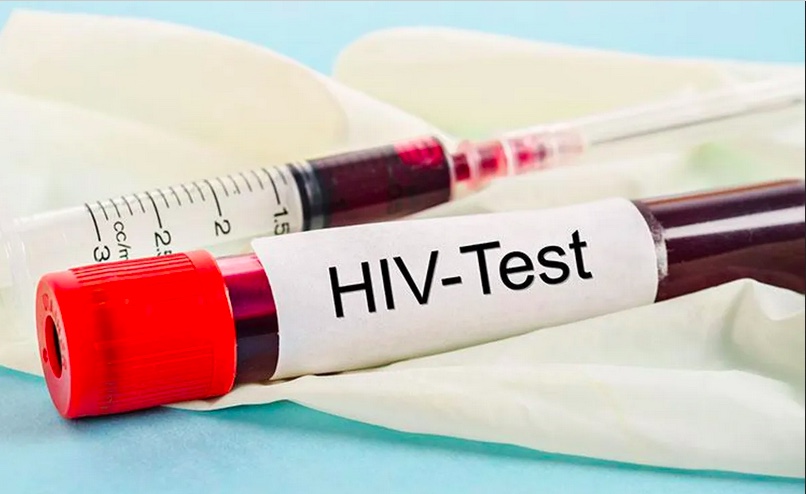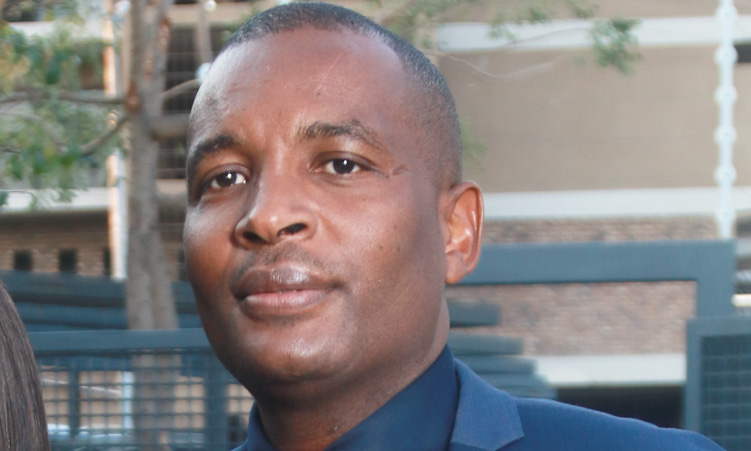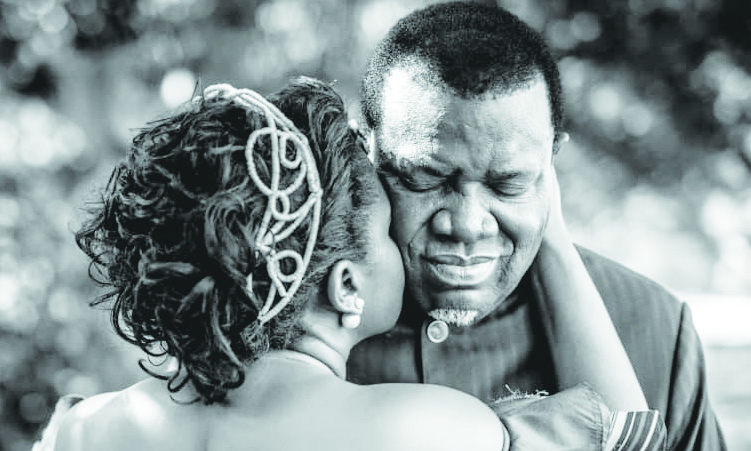UNITED NATIONS – Despite some progress, sub-Saharan Africa is behind schedule on all its UN Millennium Development Goals, which include halving extreme poverty, halfway towards their target date, the world body reported yesterday.
“Although … the Goals remain achievable in most African nations, even the best governed countries on the continent have not been able to make sufficient progress in reducing extreme poverty in its many forms,” the report said.Adopted in 2000 and intended to be achieved by 2015, the eight goals are a series of agreed benchmarks to measure progress towards alleviating poverty.On the key target of halving extreme poverty and hunger, the report said 41,1 per cent of sub-Saharan Africans were now living on US$1 a day or less, down from 45,9 per cent in 1999, but reaching the goal meant nearly doubling that rate of decline.The rise in the number of extreme poor was levelling off, but progress for children had been “excruciatingly slow” towards halving the extent of hunger.Primary education was spreading, but 30 per cent of children still had none.Less than one third of women earned a non-farming salary, under-5 mortality, despite a slight drop, was twice the rate in the developing world as a whole, and maternal health was “a regional and global scandal,” the report said.The number of people dying from AIDS continued to mount and had reached two million last year.Only 42 per cent of rural dwellers had clean water and 63 per cent of the entire population lacked basic sanitation, little reduced from 1990.The report, an advance excerpt from a fuller document to be published later in the year, was issued as leaders of the Group of Eight top industrial democracies were meeting in Germany.It saw some hopeful trends in Africa, including six per cent economic growth continent-wide, a decline in civil conflicts, rising export earnings, business growth and more democratic governments.Yet it said this progress remained fragile because it was driven largely by a boom in commodity prices.Meanwhile, aid to sub-Saharan Africa had stayed virtually unchanged since 2004, not counting one-off debt relief and humanitarian assistance.Donors needed to move more quickly if they were to meet their 2005 pledge to double aid to Africa by 2010, the United Nations said.It also called for fairer trading rules and progress on the Doha round of world trade talks.”The stark figures in this report should stir us to move away from debating principles towards working out the practicalities of scaling up interventions,” said UN Deputy Secretary-General Asha-Rose Migiro, a Tanzanian.Nampa-Reutersthe Goals remain achievable in most African nations, even the best governed countries on the continent have not been able to make sufficient progress in reducing extreme poverty in its many forms,” the report said.Adopted in 2000 and intended to be achieved by 2015, the eight goals are a series of agreed benchmarks to measure progress towards alleviating poverty.On the key target of halving extreme poverty and hunger, the report said 41,1 per cent of sub-Saharan Africans were now living on US$1 a day or less, down from 45,9 per cent in 1999, but reaching the goal meant nearly doubling that rate of decline.The rise in the number of extreme poor was levelling off, but progress for children had been “excruciatingly slow” towards halving the extent of hunger.Primary education was spreading, but 30 per cent of children still had none.Less than one third of women earned a non-farming salary, under-5 mortality, despite a slight drop, was twice the rate in the developing world as a whole, and maternal health was “a regional and global scandal,” the report said.The number of people dying from AIDS continued to mount and had reached two million last year.Only 42 per cent of rural dwellers had clean water and 63 per cent of the entire population lacked basic sanitation, little reduced from 1990.The report, an advance excerpt from a fuller document to be published later in the year, was issued as leaders of the Group of Eight top industrial democracies were meeting in Germany.It saw some hopeful trends in Africa, including six per cent economic growth continent-wide, a decline in civil conflicts, rising export earnings, business growth and more democratic governments.Yet it said this progress remained fragile because it was driven largely by a boom in commodity prices.Meanwhile, aid to sub-Saharan Africa had stayed virtually unchanged since 2004, not counting one-off debt relief and humanitarian assistance.Donors needed to move more quickly if they were to meet their 2005 pledge to double aid to Africa by 2010, the United Nations said.It also called for fairer trading rules and progress on the Doha round of world trade talks.”The stark figures in this report should stir us to move away from debating principles towards working out the practicalities of scaling up interventions,” said UN Deputy Secretary-General Asha-Rose Migiro, a Tanzanian.Nampa-Reuters
Stay informed with The Namibian – your source for credible journalism. Get in-depth reporting and opinions for
only N$85 a month. Invest in journalism, invest in democracy –
Subscribe Now!






